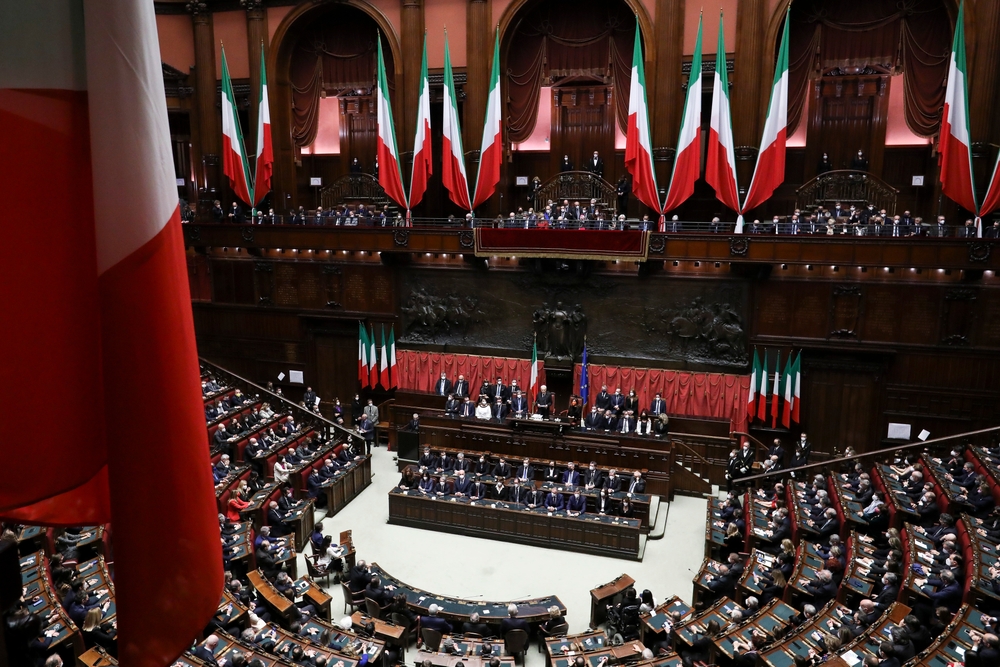Over 4,500 amendments to the government’s budget bill have been submitted to the Budget Committee in Italy’s Chamber of Deputies, with about a quarter from the ruling majority. A review process will begin on November 15, with decisions on inadmissible amendments, followed by appeals on November 16 and a selection of prioritized amendments next week.
The majority coalition presented nearly 1,300 amendments: Forza Italia submitted 501, the Lega 428, Fratelli d’Italia 190, and Noi Moderati 142. Opposition parties accounted for about 3,200 amendments, led by the Five Star Movement with 1,218, followed by the Democratic Party with 992. Many proposals from the opposition focus on healthcare, labor rights, automotive support, a minimum wage, and rebuilding efforts in Emilia-Romagna.
Forza Italia’s key amendments include removing new Ministry of Economy inspectors for public entities receiving over €100,000, reducing the second income tax rate from 35% to 33%, and excluding media companies from the digital services tax. The Lega’s most notable proposal aims to introduce a comprehensive debt relief program, allowing unpaid taxes to be settled in 120 equal monthly installments. Additionally, they propose freezing or reducing tax increases on cryptocurrency profits, a hotly debated topic.
The opposition voiced strong criticism. The Democratic Party remarked that the budget bill “fails to invest in the future,” while the Five Star Movement interpreted the high volume of amendments from the ruling coalition as “a vote of no confidence in their own government.” Other parties, like +Europa and Azione, advocated for broader reforms, including foreign worker legalization, improved public health measures, and courses on sexual education in schools, arguing that the budget as proposed lacks vision and fails to address pressing international challenges.

